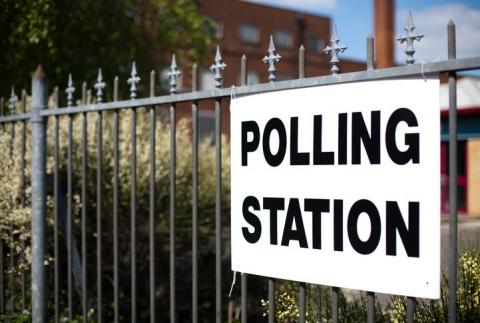Nearly 80 per cent of UK students do not think that the government pays enough attention to the views of students and young people.
A survey of more than 1,000 students, carried out by the Student Room after the announcement of the snap general election earlier this month, reveals that 80 per cent of respondents feel that they are not personally represented by the current government. However, 72 per cent of respondents were in favour of prime minister Theresa May’s decision to call a general election this year.
How could Brexit impact international students?
Labour emerged as the most popular party among the students, with 42 per cent stating that they planned to vote for Jeremy Corbyn’s party. The Conservatives were the second most popular, with 27 per cent of the vote, and the Lib Dems came in third with 16 per cent.
Jack Wallington, the director of community at the Student Room, said: “For political parties hurriedly working on their manifestos, there is a window of opportunity to change this – winning the youth vote – by openly and publicly speaking to young voters right now. This will help shape manifestos to match the genuine need of young people, bucking the trend that politicians don’t care about their opinions.”
In a forum on the Student Room website discussing the impending election, one student said: “Normally, I'm most in line with the Conservatives, but if the Lib Dems stand on a platform to remain in the EU I will vote for them without hesitation.”
Another stated: “If May beats Labour while they are weak and takes more seats, she will be able to do as she wants in the Brexit negotiation, as Labour won't be there to double-check her. Do it now and fast, then she can start Brexit with a strong majority in parliament.”
Government figures show that in the week following the announcement of the general election, more than 177,000 people under the age of 25 registered to vote.
However, despite the high number of registrants in this age group, they may not necessarily translate into ticks on polling papers on election day. In the 2015 general election just 43 per cent of 18-24-year-olds voted, compared with 78 per cent of over 65s.
Rachel Farrington, a politics and history student at Brunel University London and founder of the website Voting Counts, said it was important for students to get out and vote.
“Education is inherently linked to political decisions. Things that impact students such as rent, tuition fees, and full- or part-time employment are all affected by the decisions of political actors. You need to vote if you want to have any say over who has control over these issues,” she added.

Comments